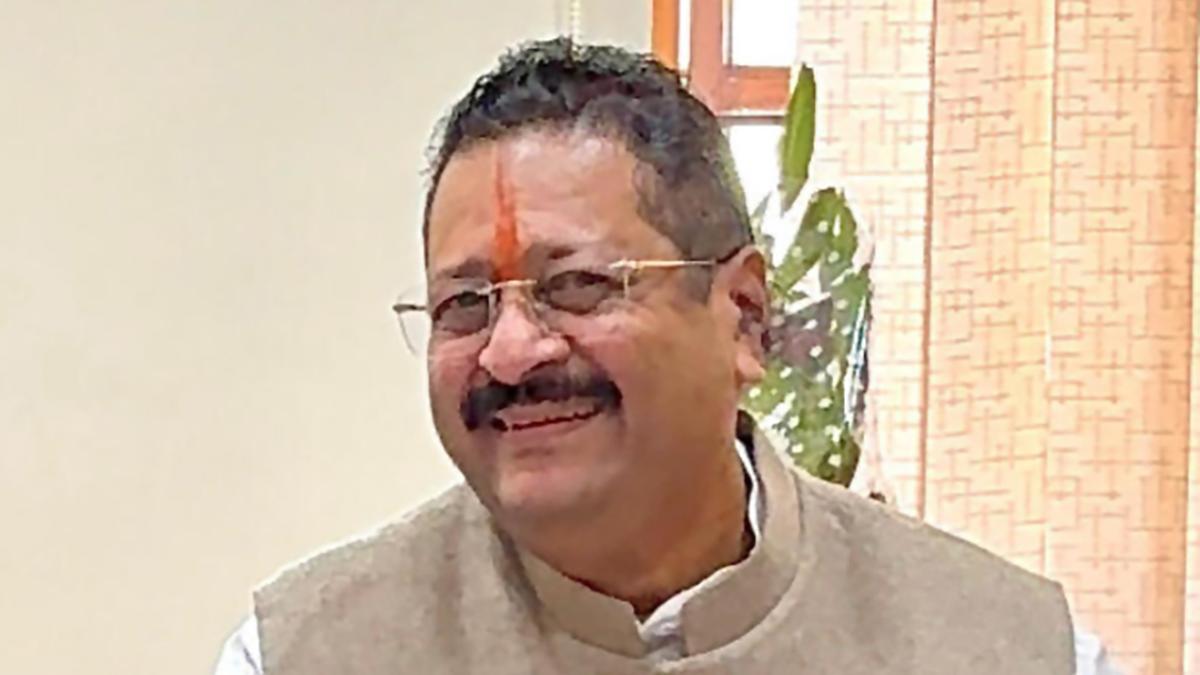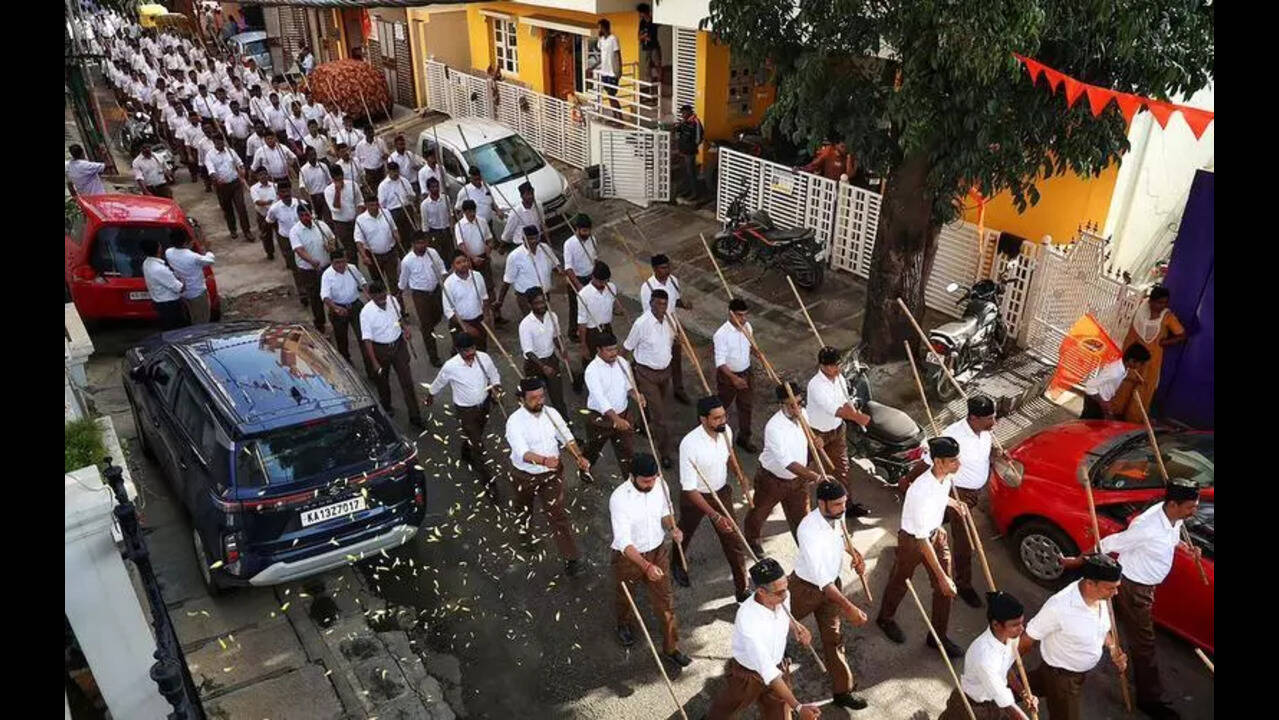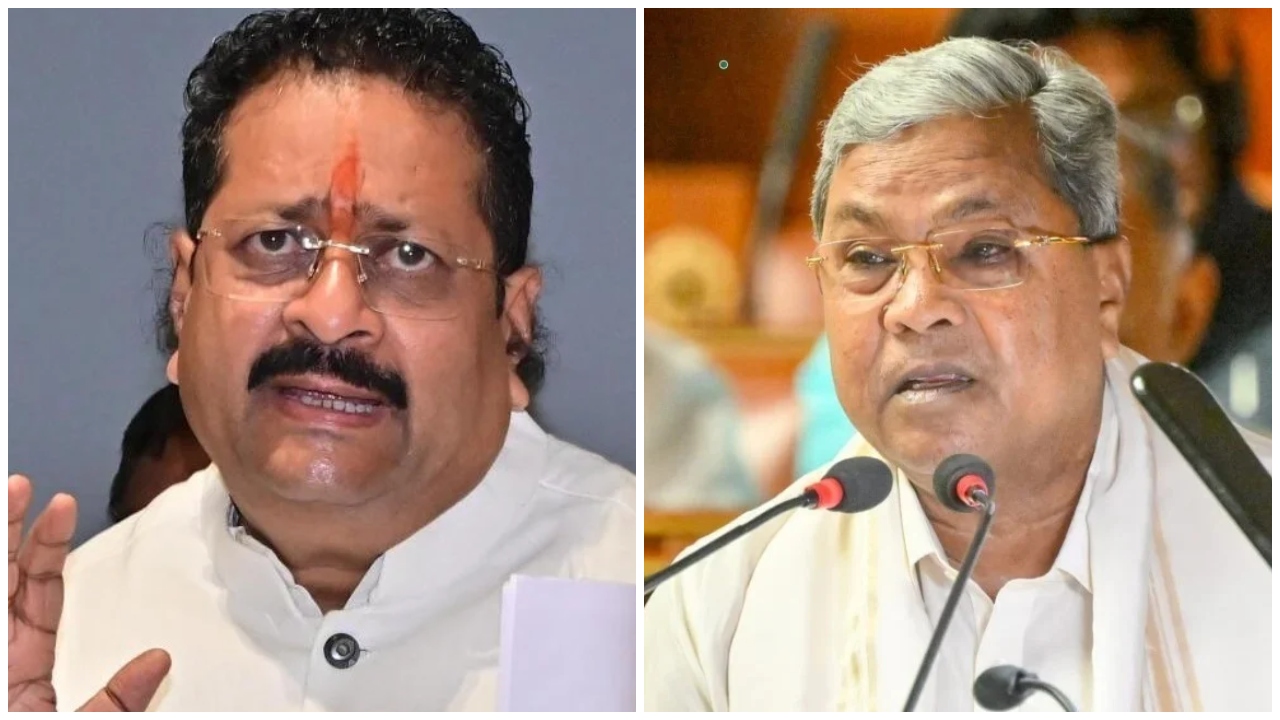Bengaluru has once again become the epicenter of a heated debate as BJP leader Basanagouda Patil Yatnal demanded a ban on namaz being offered in public places and government premises. His call has ignited widespread controversy and polarized opinions across the state. Yatnal argued that public prayers in non-designated spaces disrupt public order and encroach on secular governance. The demand has drawn sharp criticism from various quarters, including political opponents, civil rights groups, and religious communities, who view it as an attack on constitutional freedoms. The issue has quickly escalated into a flashpoint in Karnataka’s communal discourse.
Yatnal’s Arguments and Government Response
Yatnal stated that namaz in open public areas such as roads, parks, and government offices causes inconvenience to others and violates the principle of separation between religion and state affairs. He urged the state government to issue clear guidelines prohibiting such practices to maintain public order. The government, however, has taken a cautious stance, stressing that while public safety and order are priorities, freedom of religion is protected under the constitution. Officials have called for dialogue and harmony, warning against policies that could inflame communal tensions.
Critics of Yatnal’s demand argue that the BJP leader’s call infringes on minority rights and promotes exclusion. Legal experts point out that freedom to practice religion, including congregational prayers, is a fundamental right guaranteed by Article 25 of the Indian Constitution. They emphasize that any restrictions must be reasonable, aimed at protecting public order without targeting specific communities. Civil society organisations have accused Yatnal of politicising religious practices for electoral gains and disrupting Karnataka’s tradition of communal harmony.

Public and Political Reactions
Reactions to Yatnal’s demand have been mixed but largely critical. Muslim community leaders condemned the demand as discriminatory and a violation of religious freedom. Several opposition parties, including Congress and the AAP, condemned the move, accusing the BJP of stirring communal discord. Meanwhile, some right-wing groups have supported Yatnal’s call, arguing that public spaces should remain secular and free from religious demonstrations. The debate has spilled onto social media, with heated exchanges reflecting the deep divides in public opinion.
Several instances across India have seen similar controversies over public prayers, often highlighting broader issues of communal coexistence and urban space management. Experts note that many cities face challenges accommodating diverse religious practices while ensuring that public spaces are accessible to all. Dialogue between community leaders and municipal authorities has been suggested as a more constructive way to resolve such conflicts, rather than unilateral bans or politicised demands.
The Karnataka government is reportedly monitoring the situation closely, aware that any hasty policy decisions could lead to protests or unrest. Officials are considering engaging community representatives to find a balanced approach that respects religious freedoms while addressing public concerns. The state administration’s response in the coming weeks will be crucial in setting a precedent for handling similar issues in a diverse society.
Meanwhile, legal challenges to Yatnal’s demand appear imminent. Human rights groups have announced plans to file petitions in courts, arguing that banning namaz in public places would be unconstitutional. The judiciary’s role will be critical in interpreting the balance between religious freedom and public order. Past judgments have reiterated that while public safety can justify some restrictions, targeting specific religious practices without adequate justification violates constitutional rights.
In conclusion, Yatnal’s call to ban namaz in public spaces has reopened sensitive debates on religious rights, secularism, and public order in Karnataka. The controversy underscores the challenges faced by pluralistic societies in balancing diverse interests and protecting minority rights. As tensions simmer, it is imperative for all stakeholders to engage in respectful dialogue, ensuring that constitutional freedoms are upheld while maintaining communal harmony and social peace.

The controversy surrounding Yatnal’s demand is reflective of the increasing politicization of religious practices in Karnataka and across India. In recent years, public prayers and religious processions have become flashpoints for communal tensions, with political leaders often using them to mobilize support or polarize voters. Yatnal’s statement fits into this broader pattern, where religious expressions in public spaces become battlegrounds for identity politics. Analysts warn that such moves risk deepening divides in an already diverse society, making reconciliation and coexistence more difficult.
Urban spaces in Karnataka, especially in cities like Bengaluru and Hubballi, have seen a rise in public religious gatherings, often driven by demographic changes and increased community assertiveness. For many Muslim communities, offering namaz in public spaces has become a practical necessity due to overcrowded mosques and the unavailability of large prayer halls during important religious occasions like Eid. Yatnal’s demand, critics argue, fails to consider these ground realities and instead adopts a narrow, exclusionary approach that alienates minority groups.
The issue also brings to the forefront questions about urban planning and the management of public spaces. Municipal corporations across India face the challenge of balancing competing uses of limited urban land. While freedom of religion is a constitutional right, local authorities must ensure that no group monopolizes public spaces to the detriment of others. Some urban planners advocate for designated areas where religious congregations can take place without disrupting traffic or other public activities. Dialogue and coordination between communities and civic bodies are seen as key to achieving such balance.
Yatnal’s demand has also sparked debates within the BJP and its allies. While some party members support his hardline stance, others caution that such moves could alienate minority voters and damage the party’s image as an inclusive political force. The BJP’s central leadership has, in the past, walked a tightrope between promoting Hindutva narratives and maintaining a secular public image. The party’s response to this controversy could signal its approach ahead of upcoming elections in Karnataka and beyond.
From a legal standpoint, the courts have consistently maintained that religious freedom is not absolute and can be subjected to reasonable restrictions in the interest of public order, morality, and health. However, such restrictions must be neutral and not discriminatory. If a blanket ban on namaz in public places were imposed, it would likely face rigorous judicial scrutiny. Legal experts suggest that any policy addressing public prayers must be based on objective criteria and applied uniformly to all religious practices, not singling out any particular community.
Community leaders from across faiths have urged for peaceful coexistence and mutual respect amidst the controversy. Interfaith dialogue initiatives in Karnataka have highlighted the importance of understanding diverse religious customs and finding common ground. Several civil society groups are calling for forums where representatives of all communities can discuss grievances and solutions collaboratively. These efforts aim to defuse tensions and build bridges, emphasizing that respect for religious diversity is essential for social harmony.
The media’s role in reporting on Yatnal’s demand and the ensuing reactions has been significant. While some outlets have focused on the political drama, others have highlighted the human stories behind the issue, such as the experiences of Muslim families affected by restrictions on public prayer. Sensationalist coverage risks exacerbating divisions, but responsible journalism can contribute to informed public debate and reduce misunderstandings. Experts encourage media to highlight voices of moderation and bridge-building in this sensitive discourse.

Looking ahead, Karnataka stands at a crossroads in managing religious diversity in its public spaces. Yatnal’s demand may be a catalyst for broader conversations about secularism, minority rights, and public order. It also underscores the necessity for comprehensive policies that reconcile constitutional freedoms with practical governance challenges. For Karnataka’s diverse population, the hope is that reasoned dialogue and respect for democratic principles will prevail over divisive rhetoric, ensuring that the state remains a model of pluralism and tolerance.
The political undertones of Yatnal’s demand cannot be ignored. Analysts observe that such statements often surface during election cycles when parties seek to consolidate vote banks by appealing to specific religious or cultural sentiments. This tactic, however, risks deepening social cleavages rather than fostering unity. Political commentators warn that the focus should instead be on inclusive governance and addressing socio-economic issues affecting all communities, rather than reigniting religious controversies that distract from development agendas.
Yatnal’s demand has also raised concerns about the impact on Karnataka’s secular fabric, which has historically been characterized by coexistence and mutual respect among diverse communities. Sociologists point out that Karnataka’s pluralistic society is built on centuries of inter-community cooperation, shared festivals, and cultural exchanges. Attempts to restrict religious expressions in public spaces may undermine this legacy, leading to alienation and mistrust. Efforts to preserve this heritage must involve protecting the rights and dignities of all religious groups.
Public safety is another aspect that often comes up in discussions around religious gatherings in public places. Municipal authorities cite issues such as traffic congestion, waste management, and noise pollution during large congregational prayers. However, critics argue that such concerns should be addressed through better urban planning and infrastructure development rather than prohibitive bans. Creating designated prayer areas with adequate facilities could be a pragmatic solution, ensuring that public order is maintained without infringing on religious freedoms.
Educational institutions have a role to play in fostering tolerance and understanding amid such disputes. Integrating lessons on secularism, religious diversity, and constitutional rights into school curricula can help young minds appreciate the pluralistic nature of Indian society. Educators emphasize that promoting empathy and critical thinking is key to countering divisive narratives. Karnataka’s schools, which serve students from varied backgrounds, could be pivotal in nurturing a generation that values coexistence over conflict.
The state government’s response in the coming weeks will be closely watched by all stakeholders. Balancing constitutional guarantees with public order is a delicate task that requires sensitivity and pragmatism. The government may consider setting up a multi-stakeholder committee, including representatives from minority communities, legal experts, and civil society, to formulate guidelines on religious practices in public spaces. Such an inclusive approach could help diffuse tensions and establish clear, fair policies.
Social media platforms have played a dual role in this controversy, acting as both catalysts for misinformation and spaces for constructive dialogue. Viral posts and inflammatory comments have sometimes escalated communal tensions. Conversely, online forums have also hosted debates promoting mutual understanding and peaceful coexistence. Digital literacy campaigns and responsible moderation are crucial in ensuring that social media contributes positively to Karnataka’s communal harmony rather than undermining it.
Follow: Karnataka Government
Also read: Home | Channel 6 Network – Latest News, Breaking Updates: Politics, Business, Tech & More

